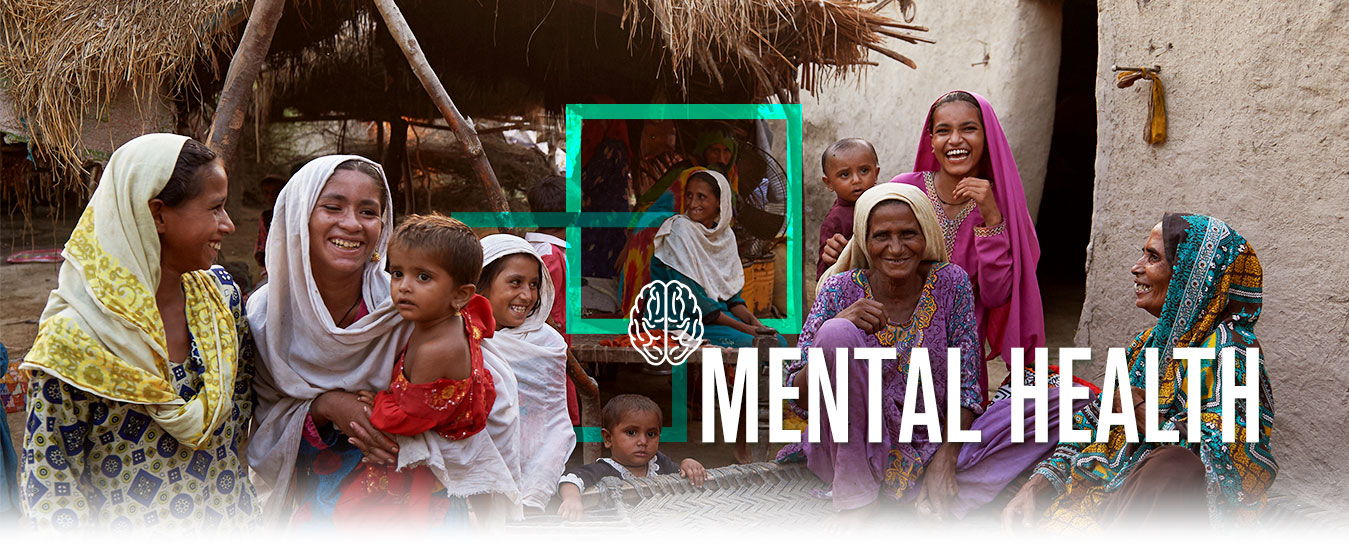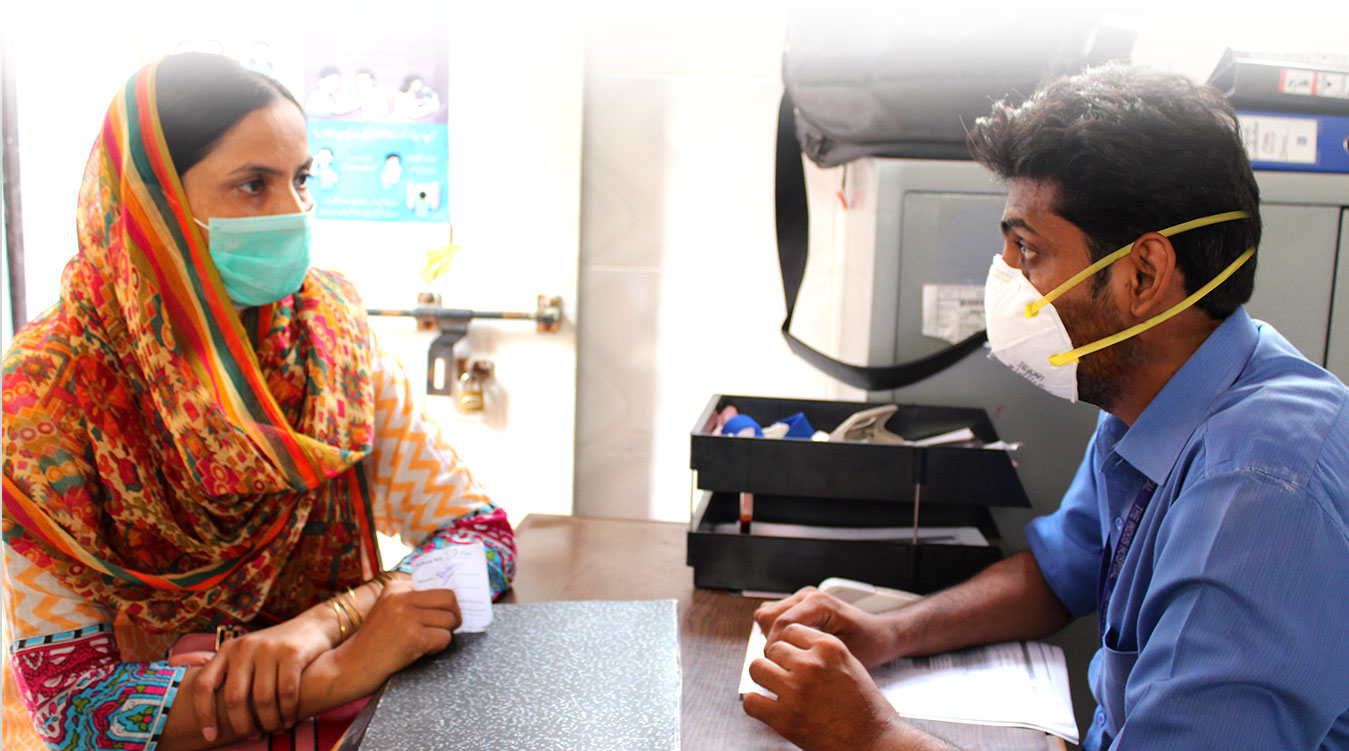
1
2
3
4
5
6
7
8
9
10
The World Health Organization estimates 4.4% of the global population suffers from depression, citing it to be the single largest contributor to global disability.2
In Pakistan, it is currently estimated that 4.2% of the total population suffers from depression, while 3.5% suffer from anxiety.2
Despite the overwhelming number of people struggling with mental health issues in Pakistan, insufficient attention and resources allocated to mental health mean only 1 psychiatrist is available per 500,000 of the population.3
A dearth of resources is only half the problem. Utilization of mental health services can be extremely low due to stigma as well as other societal and cultural beliefs and attitudes.4 Thus, it is imperative that mental health service delivery be complemented by advocacy and awareness raising programs to generate demand for mental health.
The Pursukoon Zindagi team initiated its mental health advocacy and community engagement program “Strengthening Ties Through Awareness Raising” (STAR) with support from the British Asian Trust.
The STAR program takes a grassroots approach to community outreach and recruits individuals from its target communities to be trained as lay health counselors.
As part of the program, community members are mobilized and invited to participate in structured group conversations about mental health facilitated by the lay health counselors.
These group conversations provide a safe space to discuss mental health and are designed to generate demand as well as increase sensitization and identification for mental health issues, and reduce stigma.
The program also aims to bridge the treatment gap for mental health and offers screening for depression and anxiety to all participants of the group conversations. All symptomatic individuals are provided with referrals to IRD’s facility-based mental health programs in order to close the treatment loop and increase access to care.
Program activities have been conducted in communities located in 3 major areas of Karachi (Kornagi, Landhi, and North Karachi).
The program also operates in the waiting areas of some hospitals within mental health partner networks in Karachi as well as in Badin.
32,211 individuals have been engaged in awareness raising activities till date.
The program has also screened 27,480 individuals and provided referrals to 2,202 individuals.
References:
[1] Rehm J, Shield KD. Global burden of disease and the impact of mental and addictive disorders. Current psychiatry reports. 2019 Feb;21(2):1-7.
[2] World Health Organization, Depression and Other common mental disorders: global health estimates. Geneva: World Health Organization. 2017 Feb:1-24.
[3] World Health Organization, WHO Aims Report on Mental Health Systems in Pakistan. Geneva: World Health Organization. 2009
[4] World Health Organization, Mental Health: New Understanding, New Hope. Geneva: World Health Organization. 2001
